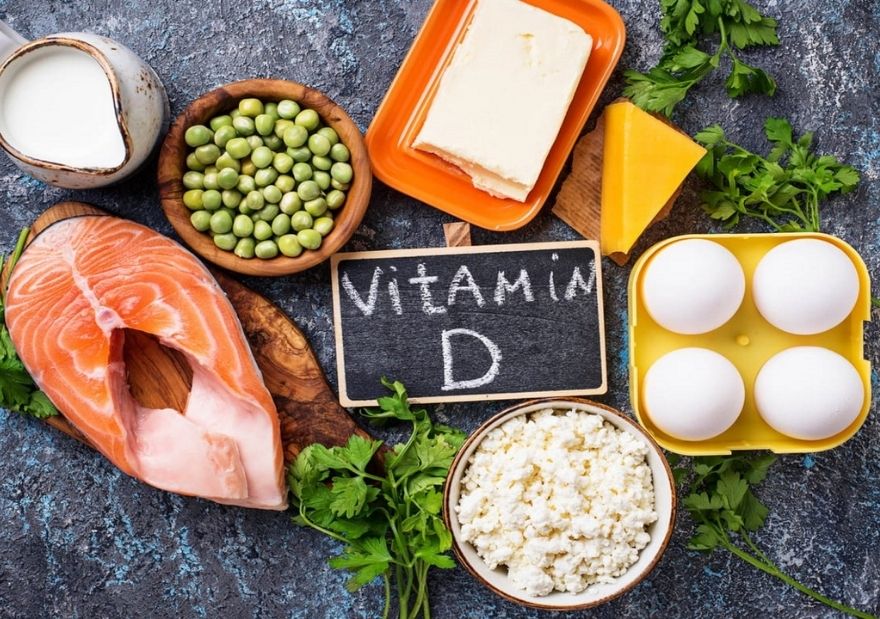
Overcoming the Darkness: How to Fight Vitamin D Deficiency
- No Comments
- Nutrition
What Is Vitamin D?
Vitamin D is an essential nutrient that your body needs for many vital processes, including building and maintaining strong bones.
Your skin produces Vitamin D by using sunlight. Low vitamin D intake is considered one of the major health concerns across the globe.
What are the Health Risks Of Vitamin D Deficiency?
Symptoms of having vitamin D deficiency are subtle for many people. Yet, even without symptoms, too little vitamin D can pose health risks. Vitamin D deficiency has been associated with the following:
- Brain: Depression, mental disorders
- Circulatory system: High blood pressure, coronary heart disease
- Muscle: Aches, weakness, cramps
- Respiratory: Asthma, wheezing
- Pancreas: Diabetes
- Bone: Rickets, bone pain, osteomalacia
What Are The Sources To Get Vitamin D?
The body needs a steady source of vitamin D for many different processes. You can get vitamin D in a variety of ways. These can include:
1. Being exposed to the sun
Vitamin D is often referred to as “the sunshine vitamin” because the sun is one of the best natural sources of vitamin D. Spending even a short time in the sun can provide the body with the vitamin D it needs for the day. Fair-skinned individuals and those younger convert sunshine into vitamin D faster than those who are darker-skinned and over age 50.
It would be best if you were careful not to burn in the sun, so take care to cover up or protect your skin with sunscreen before your skin starts to turn red or burn. If you plan to be out in the sun for a long, cover up with suitable clothing, wrap-around sunglasses, seek shade, and apply at least SPF15 sunscreen.
2. Through the foods you consume
A few foods naturally have vitamin D and some from fortified foods; check the labels from fortified foods to find out whether a food has vitamin D.
- Consume fish such as salmon, swordfish, sardines, tuna, oyster, shrimps, mackerel
- Dairy products such as milk, yogurt, cheese
- Plant-based milk alternatives like soy, hemp, and almond milk
- Liver, beef, egg yolks
- Mushrooms
- Breakfast cereals
- Orange juice
3. Through nutritional supplements
Supplements are often needed if you don’t obtain enough vitamin D from food or sunlight. Taking vitamin D supplements may be the best way to ensure adequate intake for many people.
Vitamin D exists in two main biological forms — D2 and D3. D2 mainly comes from plants and D3 from animals. Research suggests that D3 may be significantly more effective at raising and maintaining overall vitamin D levels than D2.
Vitamin D is in many multivitamins. The supplements are both in pills and liquid for babies. The majority of vitamin D supplements are derived from animal sources. However, vegan vitamin D supplement options do exist. Additionally, it’s important to purchase high-quality supplements that have been independently tested. Having your vitamin D levels checked before supplementing is the best way to pick the appropriate dose.
To conclude, Vitamin D is an essential nutrient that many people around the world lack. You can boost your vitamin D levels by getting more sun exposure, eating foods rich in vitamin D, and taking supplements.
Consult with a health professional to get your levels checked and dosage if you suspect you’re low in this essential nutrient.

Leave a Reply